The impact of social media on mental health: With the rise of social media platforms, it's important to discuss the impact they have on mental health and how individuals can protect themselves.
The impact of social media on mental health
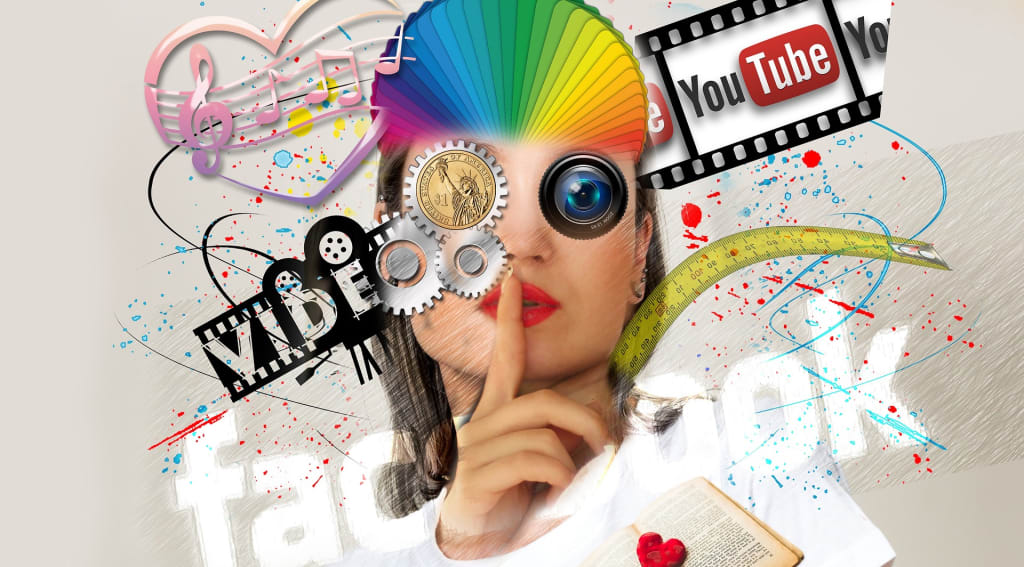
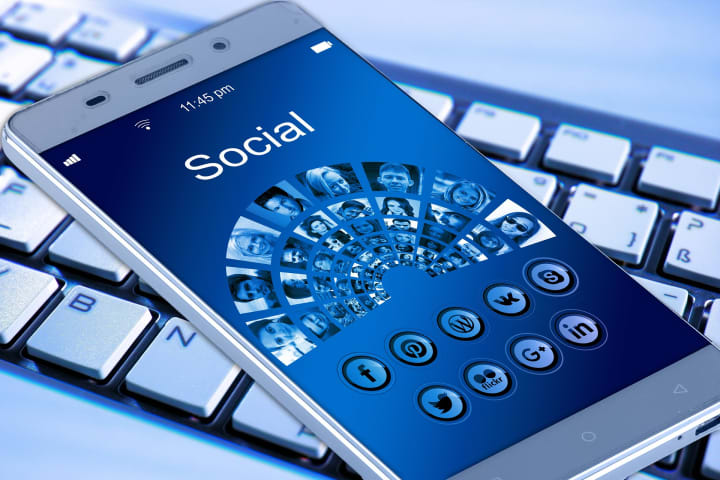
The rise of social media platforms in the last decade has transformed the way we communicate, share information, and connect with one another. With over 4.4 billion active social media users worldwide, these platforms have become an integral part of our daily lives. However, as social media usage has increased, concerns have arisen about its impact on mental health. In this article, we'll explore the impact of social media on mental health and discuss strategies individuals can use to protect themselves.
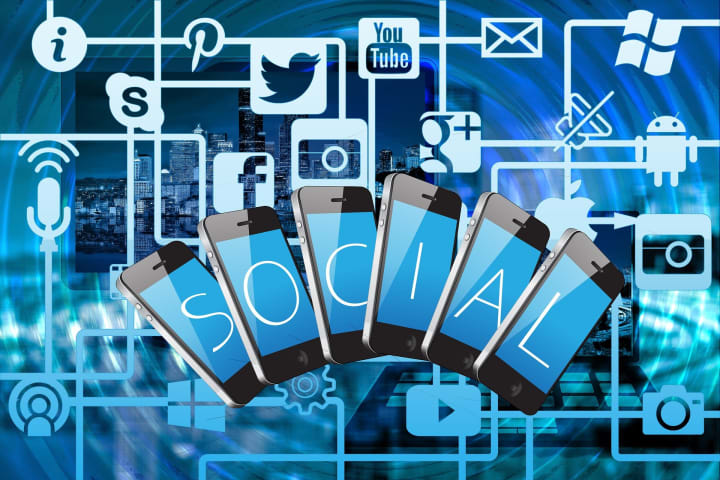
Social Media and Mental Health
While social media can have some positive effects on mental health, such as providing social support and reducing loneliness, it can also have negative impacts. Research has found that social media use is associated with increased rates of anxiety, depression, and other mental health issues. Here are some ways social media can impact mental health:
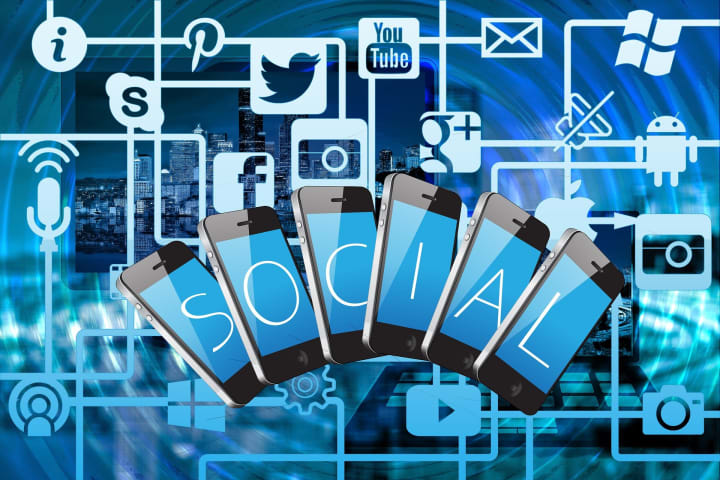
Comparison and Self-Esteem
One of the biggest negative impacts of social media on mental health is the effect it can have on self-esteem. Social media often portrays an idealized version of people's lives, with carefully curated posts showcasing only the highlights. This can lead individuals to compare their own lives to others and feel inadequate or inferior. Additionally, social media users may feel pressure to present an idealized version of themselves online, which can lead to feelings of inauthenticity and disconnection.
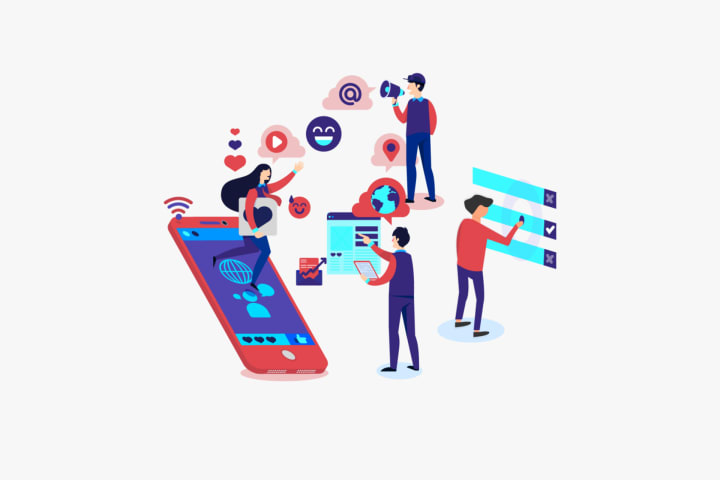
Cyberbullying
Social media also provides a platform for cyberbullying, which can have serious negative impacts on mental health. Cyberbullying can take many forms, from direct attacks to spreading rumors or making negative comments on posts. Victims of cyberbullying may experience anxiety, depression, and other mental health issues as a result.
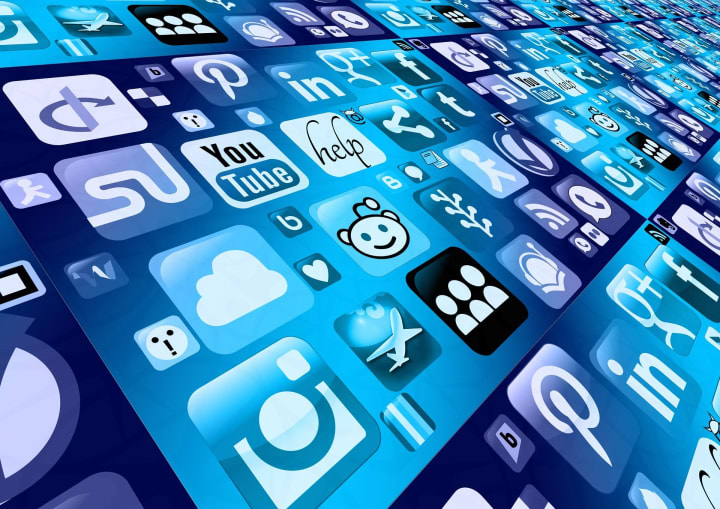
Sleep Disturbances
Social media use has also been linked to sleep disturbances, which can have negative impacts on mental health. Using social media before bed can disrupt sleep patterns and lead to insomnia. Additionally, the constant notifications and updates from social media platforms can lead to heightened levels of stress and anxiety, making it harder to fall asleep.
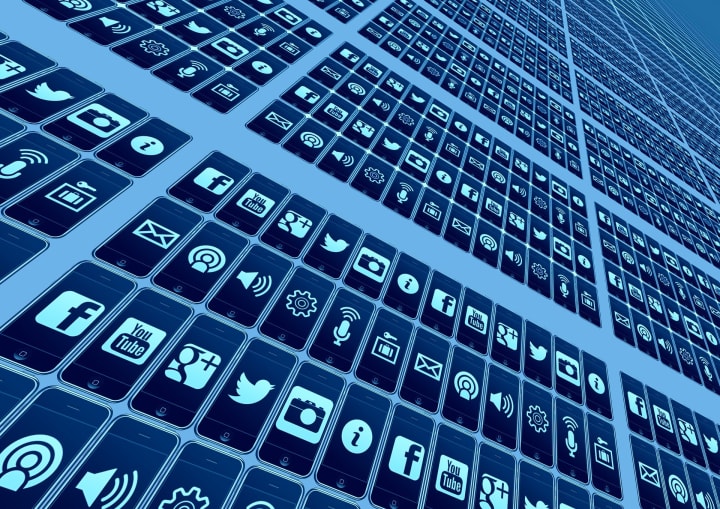
Addiction
Finally, social media use can become addictive, leading to negative impacts on mental health. Individuals who spend excessive amounts of time on social media may experience symptoms of addiction, including withdrawal symptoms when attempting to stop using social media, and continued use despite negative consequences.
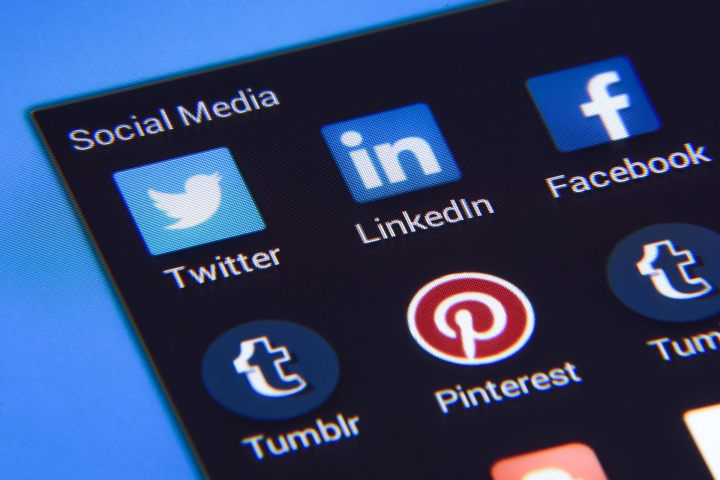
Protecting Your Mental Health on Social Media
While social media can have negative impacts on mental health, there are steps individuals can take to protect themselves. Here are some strategies to consider:
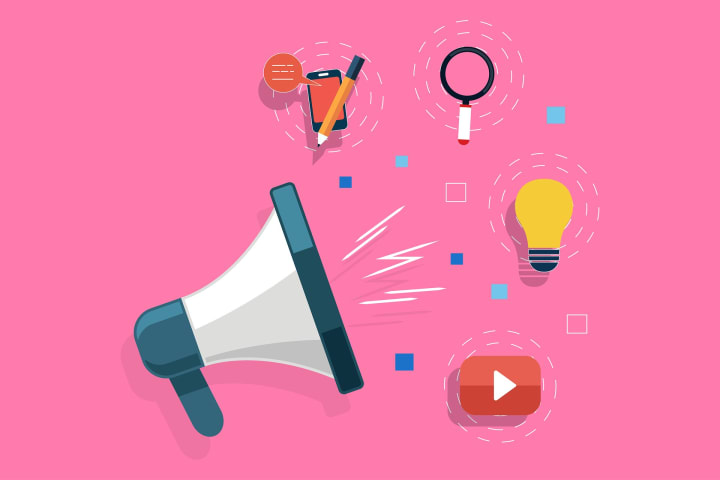
Limit Your Time on Social Media
One of the most effective strategies for protecting your mental health on social media is to limit your time spent using these platforms. Consider setting specific times of day for checking social media, or limiting your use to a certain number of minutes per day. This can help reduce the amount of exposure you have to potentially negative content and interactions on social media.
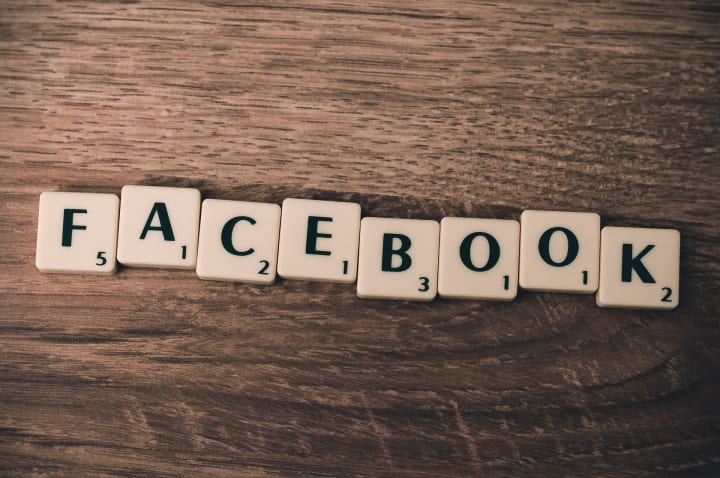
Curate Your Feed
Another strategy for protecting your mental health on social media is to curate your feed. Consider unfollowing or muting accounts that make you feel bad about yourself or trigger negative emotions. Instead, focus on following accounts that inspire and uplift you.
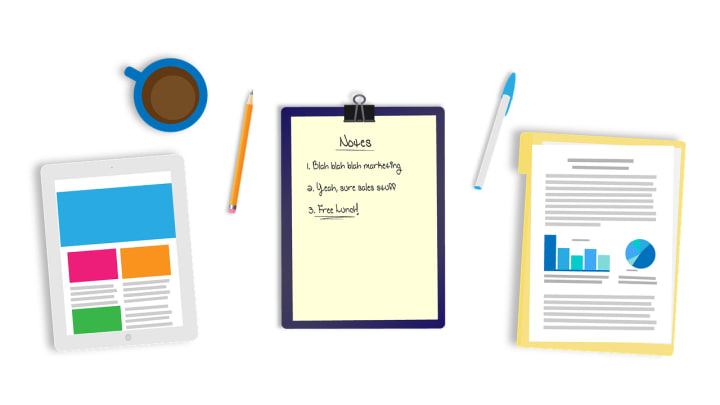
Be Mindful of Your Interactions
When using social media, be mindful of your interactions with others. Avoid engaging in cyberbullying or negative comments, and instead strive to use social media to build connections and support others. Additionally, be mindful of the impact your own posts may have on others, and consider how you can use social media to spread positivity and kindness.

Take Breaks
Finally, consider taking breaks from social media when needed. If you find yourself feeling overwhelmed or stressed by social media, take a step back and focus on other activities. This can help reduce feelings of addiction and allow you to focus on other aspects of your life.
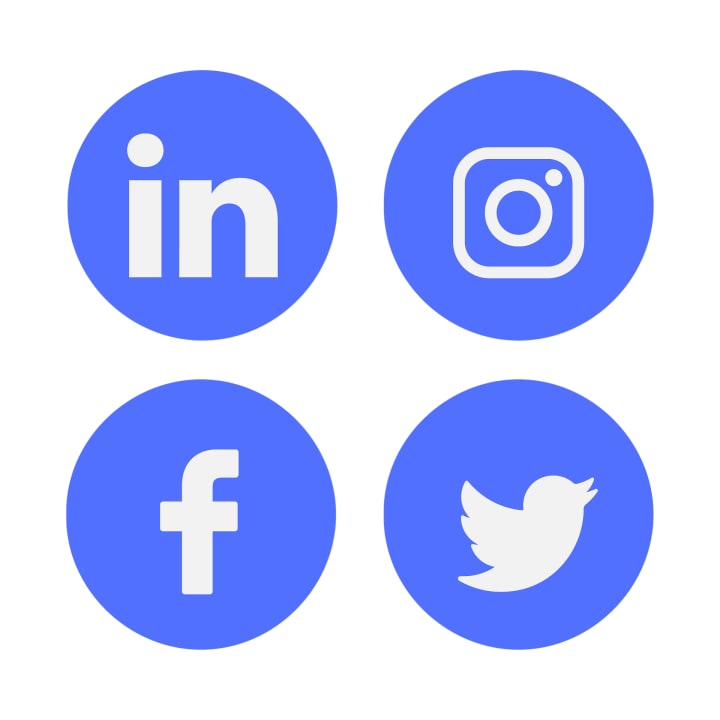
Conclusion
Social media has transformed the way we communicate and connect with one another, but it's important to consider its impact on mental health. While social media can have positive effects on mental health, such as providing social support, it can also have negative impacts, such as increased rates of anxiety, depression, and cyberbullying.
To protect your mental health on social media, consider limiting your time spent using these platforms, curating your feed, being mindful of your interactions, and taking breaks when needed. By implementing these strategies, you can use social media in a way that promotes your mental health and well-being.
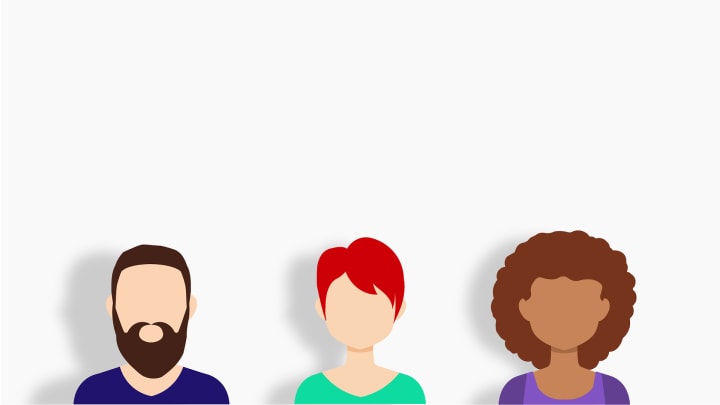
It's also important to note that if you are experiencing mental health issues, seeking support from a mental health professional is essential. While social media can provide some social support, it cannot replace the benefits of working with a trained mental health professional.
In summary, social media has had a significant impact on mental health, both positive and negative. By understanding these impacts and taking steps to protect your mental health on social media, you can use these platforms in a way that promotes your well-being and supports your overall mental health.

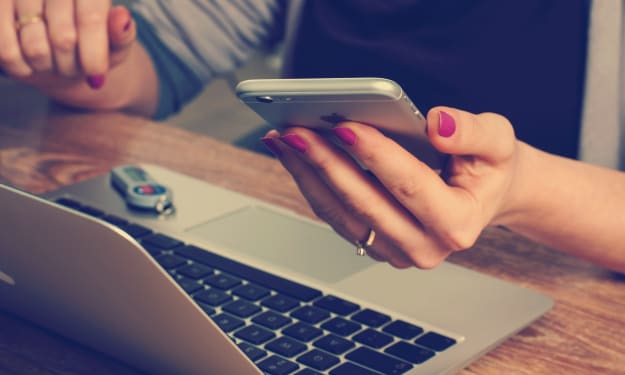



Comments
There are no comments for this story
Be the first to respond and start the conversation.